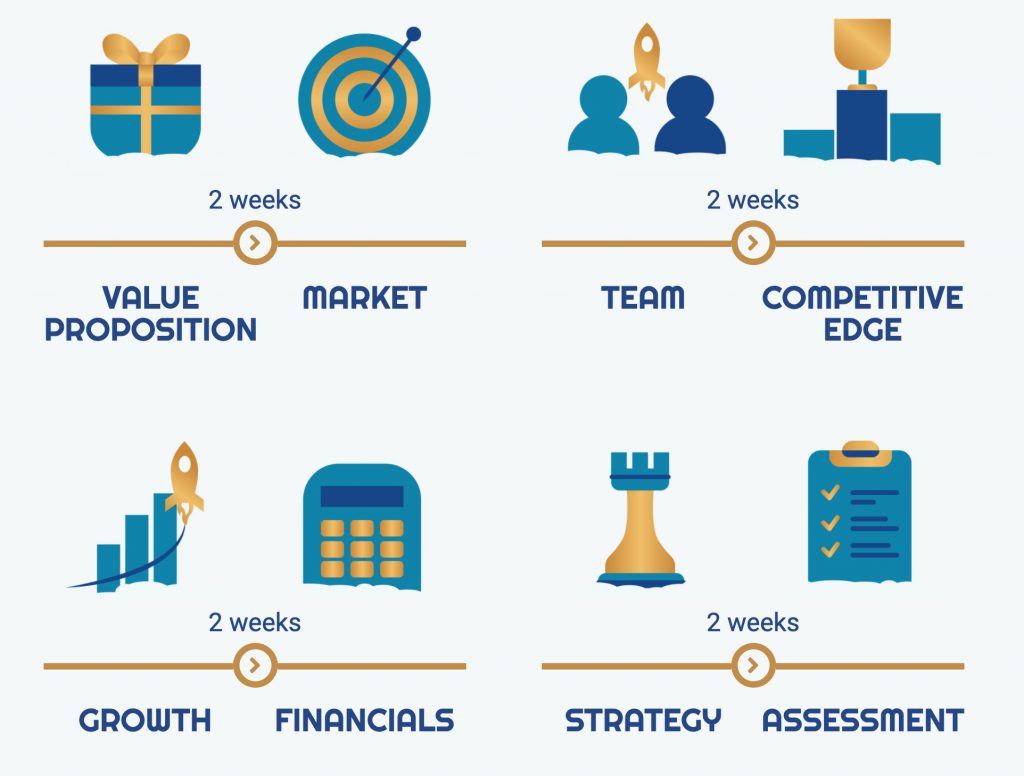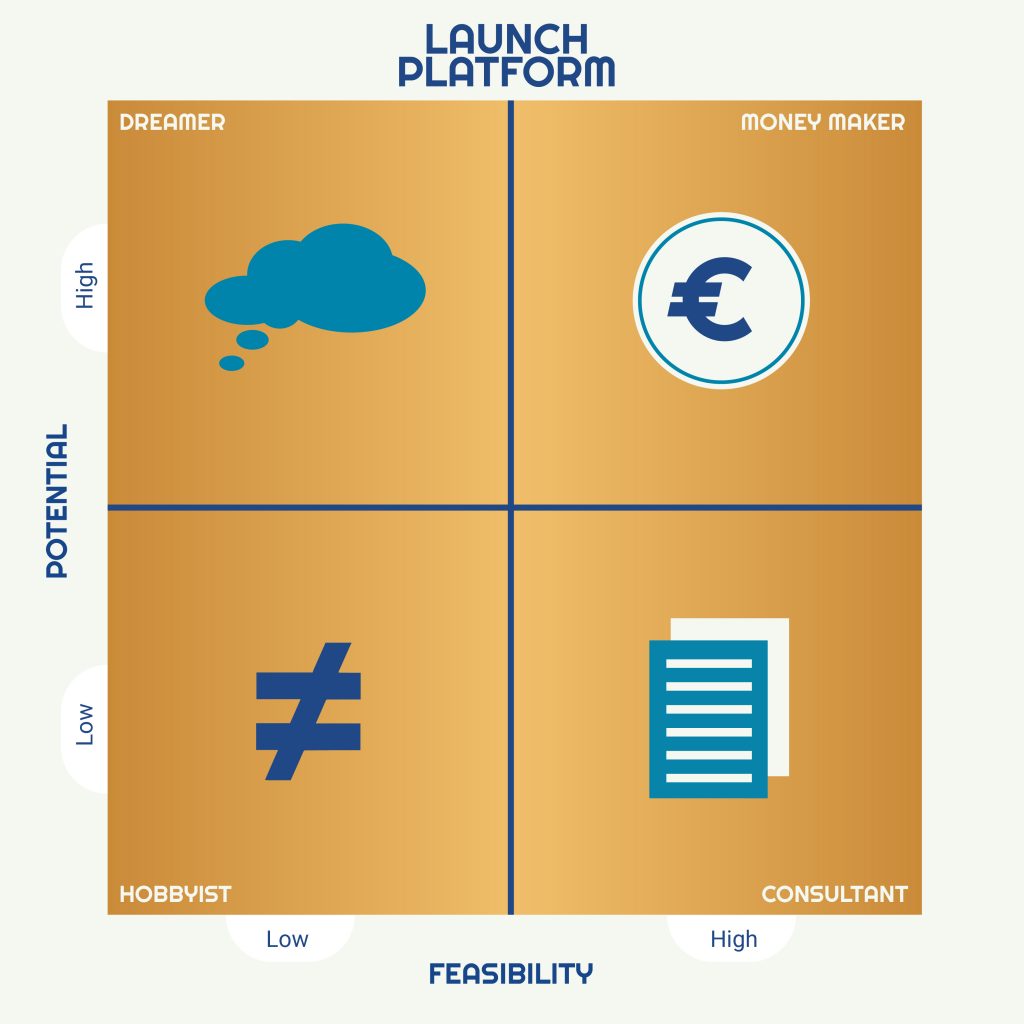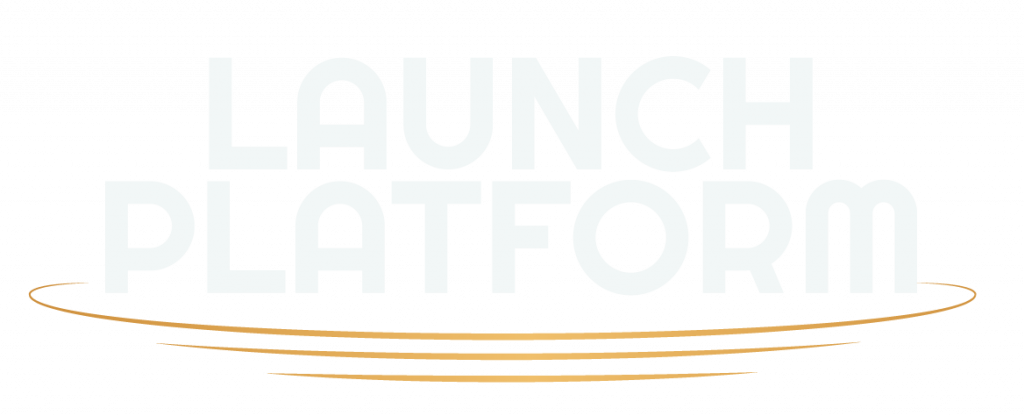Stop writing a business plan, write a startup plan! In this blog, I’ll tell you when you do or don’t need a business plan.
In 2018, I suddenly had an inspiration for a startup. I was drinking about 3 to 4 cups of coffee a day from disposable cups. When I saw these cups piled up in front of me while studying, I wondered why there was so little (or no) use of reusable cups for coffee and tea. By now, everyone was walking around with a Dopper, but at least as much coffee and tea was being consumed. When I finally dared to share the (in my eyes, genius idea), I was quickly advised from all sides (online/offline) to write a business plan. I downloaded all the templates, read all the blogs and started working on my business plan. In hindsight, this should have been a startup plan given the stage I was in, you’ll read more about that in a moment.
I never finished the business plan.
(If any more half-business plan writers are reading this, you’re not alone.)
I eventually stopped working on my business plan. I simply wasn’t making any progress writing the plan. Everything I wrote was uncertain and unconvincing. My entrepreneurial nature is accompanied by a short attention span, lots of new ideas, and most of all the need to deliberate, come to new insights, and decide based on them.
What is a business plan?
‘A business plan, also known as a business plan, is a formal document that includes business objectives, methods, how and when these objectives can and should be achieved. The document serves as a roadmap to achieving the business objectives.’
Now if you search for examples or templates of a business plan, I bet it consists broadly of the chapters:
- Introduction,
- The Entrepreneur
- Goal/product/service
- Target audience
- Marketing plan
- SWOT analysis
- Budget
In the ideal world, this would be a perfect fit and these topics cover the same ground. The plan could indeed be used as a roadmap to achieve goals. But I dare to claim on behalf of many business plan writers, that there are not many entrepreneurs who pick up the business plan every day to look at what they wrote at the time. In practice, nothing goes as planned in entrepreneurship. It is constantly changing, adapting and striking new paths, or ‘seeing what works’.
In my opinion, the business plan is time consuming, unfairly recommended and irrelevant to anyone with a startup idea. It is nothing more than a formality that has been cherished for too long.
It is a document that allows a start-up entrepreneur to apply for funding. This is valuable to the funding party, because they make a decision (among other things) based on the budget about the potential of the business, but more importantly about the likelihood of them getting their money back. In addition, it can be valuable to the entrepreneur who believes in his/her idea to such an extent that they want to raise funding to grow.
There is nothing wrong with this, but that was not what I was looking for at the time as a starter and I think with me many other starters of my and future generations are not. I wanted to know what the feasibility and potential of my idea was and I wanted help in finding this out.
A business plan is a valuable tool for funding applications to lenders (banks) of pre-existing, proven business models that are mimicked from successful competitors or already have sufficient traction to guarantee funding. An innovative idea (startup) with unproven business model, unknown product or service, possibly in an unknown market has little chance with the bank and in many cases is not needed at all at that stage.
What is a startup plan?
The term startup is thrown around all over the place. Every startup company is a startup nowadays if I can believe my LinkedIn feed. There is nothing wrong with this, but in that case, behave like one. And for all the coaches and teachers, don’t ask a startup to write a business plan.
By definition, a startup is a company with a business model or customer focus that will involve many uncertainties. The rapidly changing economy means that today’s startups, especially the younger generation, are coming up with increasingly innovative ideas. The market for already existing initiatives (proven business models) will become more and more saturated, so innovation is logically required.
The startup plan is based on the ‘lean startup’ philosophy in which the problem of a large group is central. Everything revolves around making assumptions about ‘the gap in the market’ that you have observed and validating this (problem-solution fit). Build, measure, learn’ or ’empathize, define, ideate, prototype and test’. So it is an open-ended plan. You keep validating assumptions and adapting to them until you have the first customer, deal, sale, etc. (product market fit) and you are ready to go. (product market fit) and can start growing steadily. A startup plan is the Push To Start.

The plan is set up in such a way that each chapter is walked through using online videos in which we explain the topic. After this, the starter is given an assignment that he/she not only completes within the platform, but must actually go and validate it by engaging in conversation with others. After working on the assignment, the starter can request feedback at any time. This can be to us as experts and trainers within this platform, but also to external coaches or mentors that the starter wants to involve. In this way, the starter learns about the process of developing a startup idea while working on the final (validated) plan. The final chapter is the final assessment, in which the starter is evaluated on feasibility and potential of the idea, in order to give the best possible advice on possible next steps.

Summary
You write a business plan for a funding application to the bank. The ‘statements’ you make there are fixed. You try to convince the lender of your plans. In a business plan you write the things you could do if you would get the necessary funding.
A startup plan shows that you, based on various assumptions, have found out what your target group is facing and how you are going to solve this for them (according to their wishes, validated) with all realistic and available resources. In a startup plan you write the things you have done and will do in the near future, to find the first customer.
I had the opportunity to develop the LaunchPlatform within Golden Egg Check and was driven by frustration I had at the time. I wish every ambitious startup could learn more about the feasibility and potential of startup ideas and how to develop them. If the idea of a starter is super good (money maker/dreamer)? Great, then we will connect that person to relevant parties (incubators or accelerators) that will give you the time and resources to grow. If it turns out that the idea has a low potential and feasibility, then at least you have been as efficient as possible, you have learned a lot about the startup philosophy and you will eventually find a business model that does reach the product market fit.
READY TO START?
Do you have a great idea but don’t know where to start? Register now for the LaunchPlatform, and you can start developing your startup idea right away!
Yaïr Sharon
LaunchPlatform – Push to Start!



